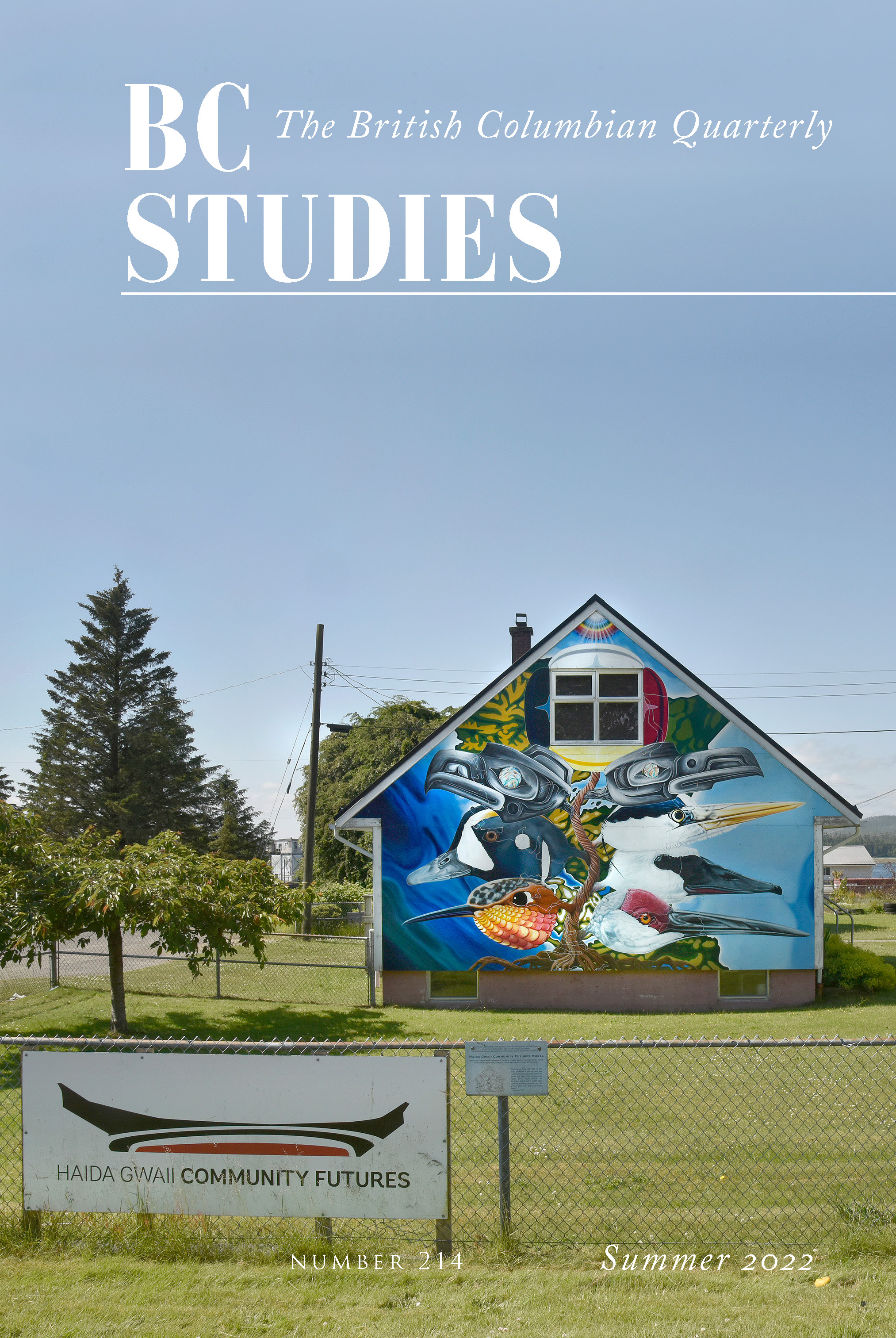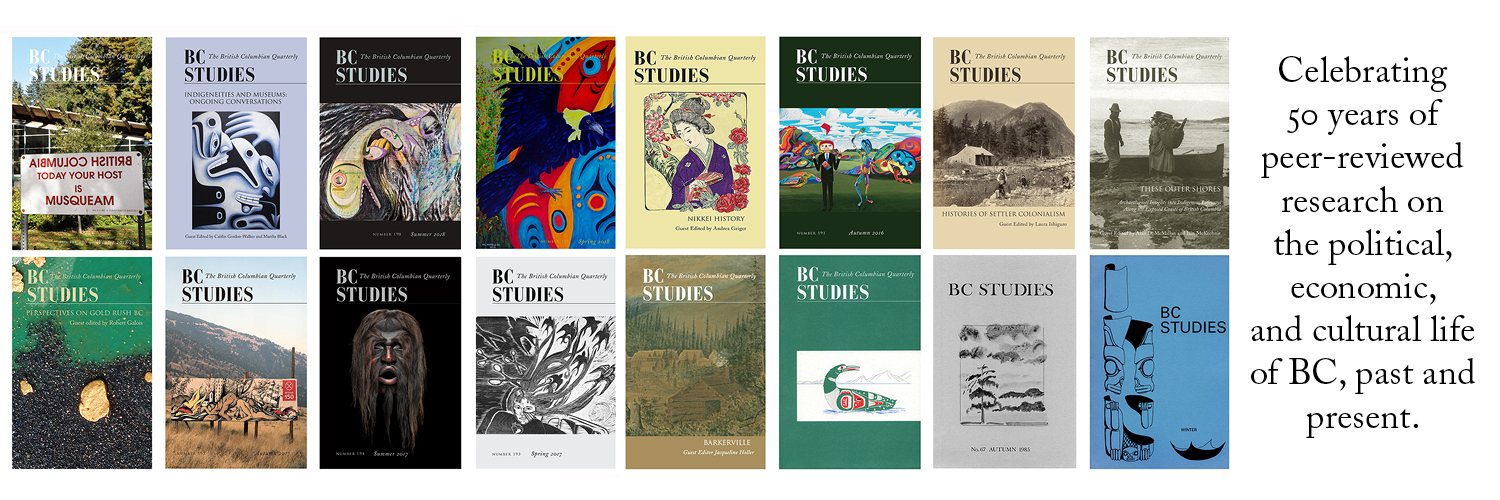Water Rhythms
Listening to the Impacts of Climate Change on the Glaciers of British Columbia
DOI:
https://doi.org/10.14288/bcs.no214.196038Keywords:
politics, Social Credit Party, New Democratic Party, political partiesAbstract
Water Rhythms is the story of climate change as told by the ice and water. It is a story about the dualism of water, the universal connector of both the Earth and its people. It is also the acoustic story of our entanglements with a changing climate and changing landscapes of our own making. Using field recordings collected from both above and below glaciers and outlet rivers, we are sonically mapping changes in glaciers and freshwater runoff from the source to the sink, from the mountain tops to the ocean, in some of the world’s most important water towers, including Lilloet and Pemberton icefields in the BC Coast Mountains, as well as the Himalayas and the Greenland Ice Sheet. We are also capturing the sounds of the river cultures, both human and more-than-human, that have evolved around our lifeblood, freshwater. Through Water Rhythms: Listening to Climate Change, we invite listeners into a more embodied way of understanding how we are inextricably connected to the Earth’s freshwater.



